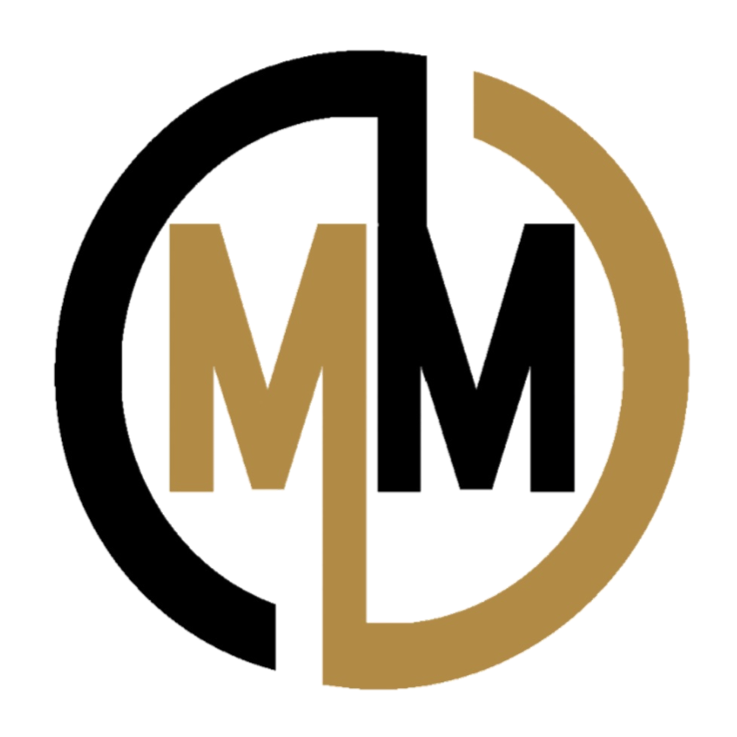Google’s Culture of Health and Performance
Newton Cheng
Our guest for this episode is Newton Cheng, a father, world-class powerlifter, engineer, and Google's Director of Health and Performance. In his work, he leads a team with the mission to support the physical, mental, social, and spiritual health and well-being of Google's global workforce. We went into this conversation looking to compare corporate wellness with tactical human performance, but we came away from it with so much more. This wide-ranging conversation covers everything from the importance of mastery practices to making meaningful social connections their primary measure of effectiveness.
While Newton works in a space that is very different from the military, it is astonishing how many of the points he made are directly relevant to the challenges we face. At times it felt like he had been in some of the same meetings we have. He argues that retention means ensuring talented people flourish in your system, that quantitative data may not be the most important thing when considering health and wellness outcomes, and that vulnerability is a superpower because of the way it enables meaningful social connection. He also spends some time addressing his personal experience with taking mental health leave from work, and if that's something you want to hear more about, he speaks about it frequently in numerous other forums.
If you're the kind of listener who wants to follow up on all the interesting references Newton provides, here they are:
He recommended the work of Dr. Lauren Whitt, Google's Head of Resilience.
He suggested Ken Wilbur's Integral Theory and Paul Gibbons' work on The Science of Successful Organizational Change.
He discussed how he was influenced by Miyamoto Musashi's Book of Five Rings, a classic book on strategy that is rooted in martial arts but has gained new popularity in the strength training community.
He highlighted the value of Charles Vogl's The Art of Community for leaders seeking to build a culture of belonging in any organization.
He cited Gallup survey findings that people who have a best friend at work get more done in less time, support a safe workplace with fewer accidents, are more likely to innovate and share ideas, and have more fun while at work.
He highlighted Microsoft's Work Trend Index, and especially its emphasis on increasing rates of employee burnout.

